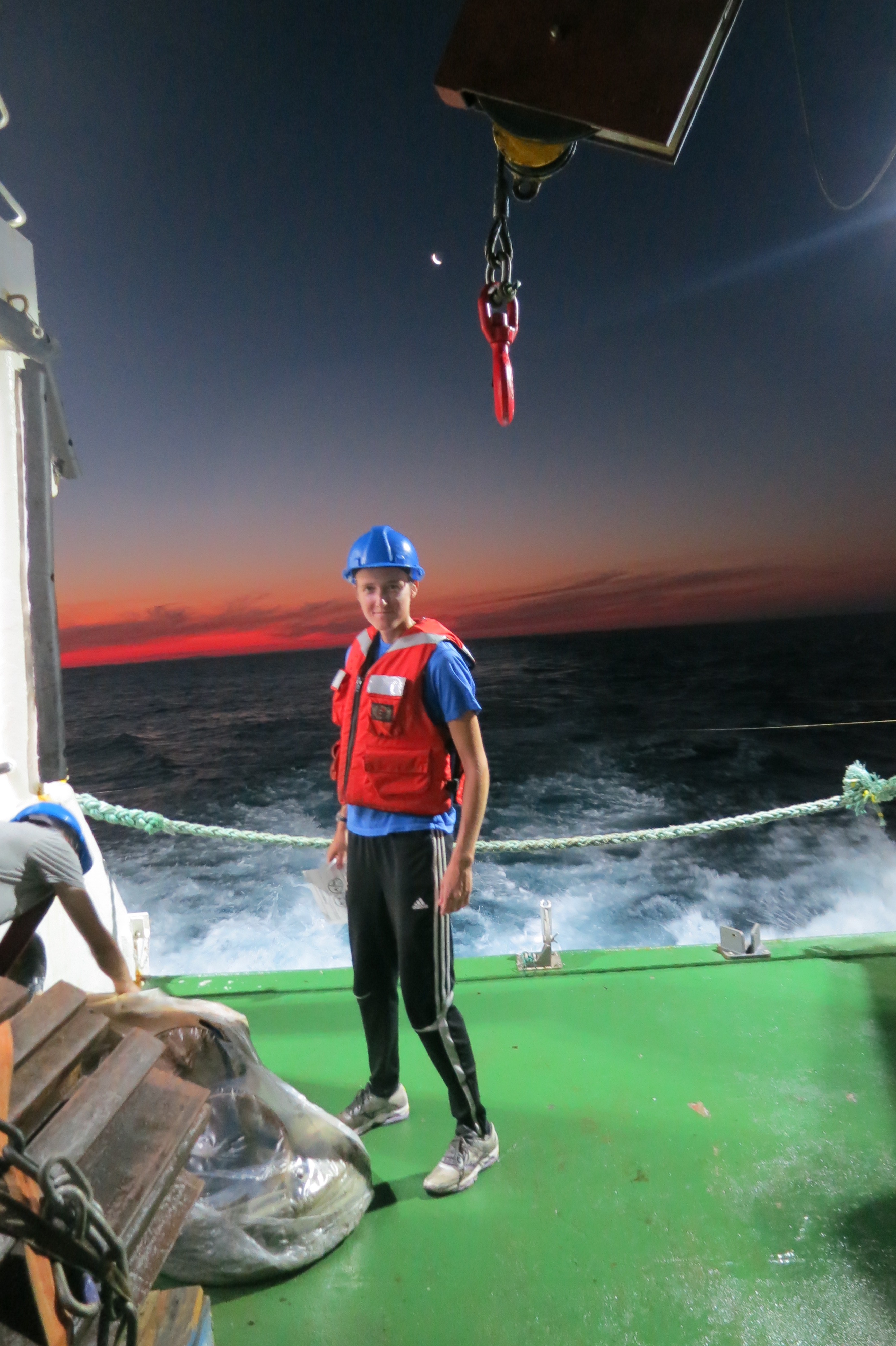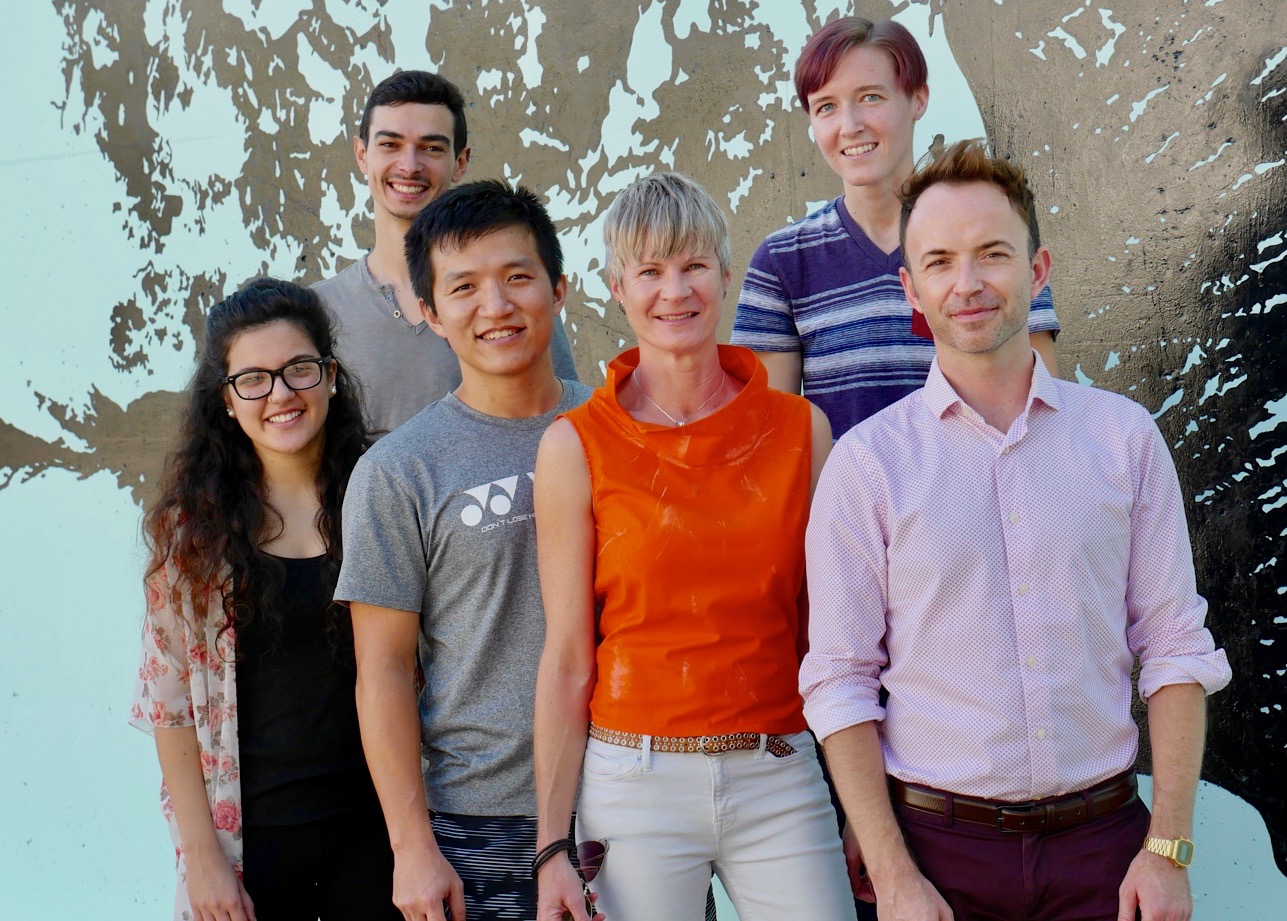Big picture
Ocean circulation can alter climate by redistributing heat. We expect changes in ocean circulation due to climate change due to changes in windstress and buoyancy, the two primary drivers of motion in the ocean. While much attention has been given to changes to buoyancy driven ocean circulation, less is known about changes that have occurred, and will continue to occur, to wind driven ocean circulation. Our recent paper quantifies the effect of changes in the wind driven ocean circulation onto climate change. The wind driven ocean circulation changes have amplified global warming by 17% over 1979-2014, in a climate model.



